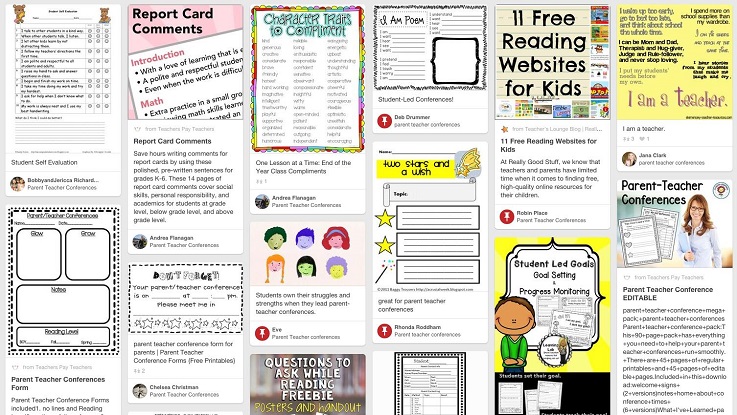Advice for education students: How to approach parent-teacher conferences
 As a teacher, you want to see your students reach their full potential. As a parent, you want the same. You’re in this together. Interacting with the parents of your students should not be a dreaded confrontation, but a collaboration of minds fighting for the same goal.
As a teacher, you want to see your students reach their full potential. As a parent, you want the same. You’re in this together. Interacting with the parents of your students should not be a dreaded confrontation, but a collaboration of minds fighting for the same goal.
Here is some advice for bachelors in education students on how to get the most out of parent-teacher conferences:
- You can never be too prepared
Before you even sit down to meet with your student’s parent make sure to prepare and pre-organize any student materials — work samples, test scores and anything else — or questions you may want to ask to ensure that you make the most out of the small window of time.
Set a schedule beforehand and do your best to stick to it — 5 minutes of opening conversation, 10 minutes to report on academic progress and concern, 10 minutes to talk about social progress and 5 minutes for wrapping things up and concluding comments. (This is of course adjustable to your time frame and your agenda.)
It’s also a good idea to make a goal for the meeting in advance – what do you hope to accomplish and what issues do you plan to address in your conference?
- Let your student be part of the conversation
What are more powerful than simply your words and observations are the child’s own views and thoughts on their progress — that is, after all, who you’re both there for.
One veteran teacher in a National Education Association article shares that before sitting down with a parent she has her students fill out a worksheet with her, writing down what they see as their greatest strengths and the areas they need to work on.
“My students fold the page in half and think about themselves and their progress to this point in the year,” explains elementary teacher Michele DeBerry. “I collect their papers and record my thoughts about the child’s progress on the other side of the page under the same headings.”
She then shares this with parents at each conference.
- Make it a team effort
During your time with a parent, reassure them that you are both fighting for the same thing — to see their child flourish. Don’t just present problems, come ready with suggestions for what can be done on both your parts, asking them for their suggestions for solutions as well.
Make a plan with the parent for how you will report their child’s progress in upcoming weeks or months. It’s important to follow up and show them the progress that is being made, however, keep in mind that you have many other parents to be in contact with, so do not over-commit your time beyond what you can manage.
William Woods University bachelors in education students can take courses like EDU301 Family and Community Resources and EDU415 Conferencing and Consultation which focus heavily on the importance of a parent’s involvement in their child’s education, both for typical students and those with special needs.

